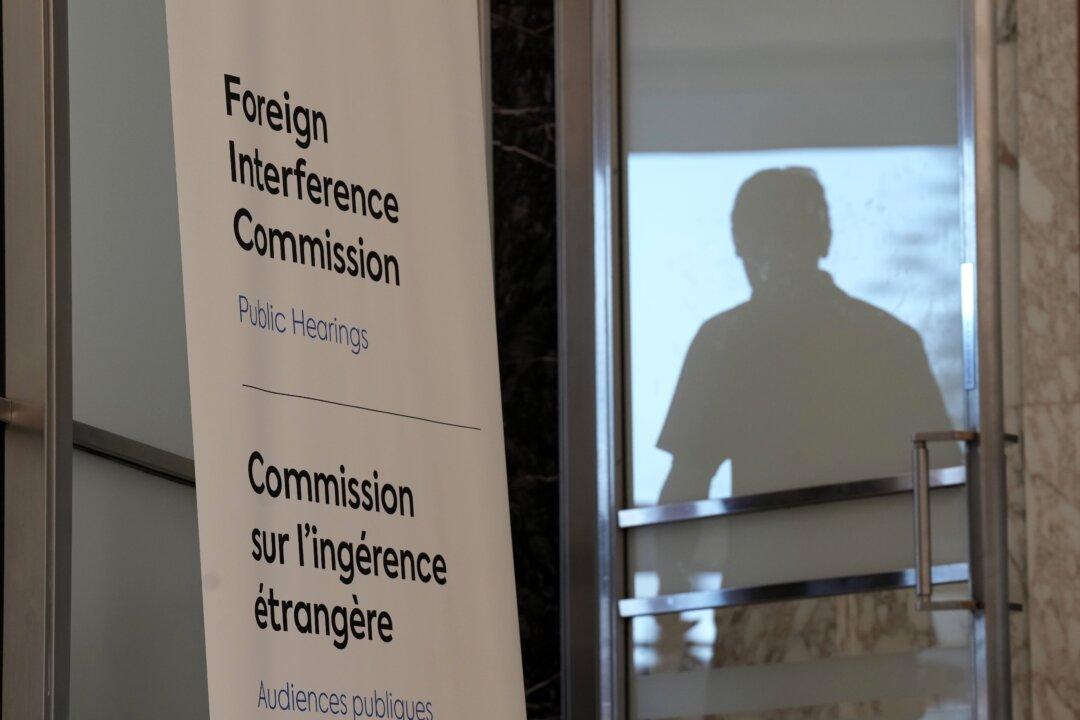Canada’s major political parties have laid out their positions on foreign interference and transnational repression in response to a joint letter backed by dozens of civil society organizations. The parties’ responses reveal “clear differences in tone, emphasis, and commitment,” the groups said.
The Canadian Coalition for a Foreign Influence Transparency Registry, along with the Human Rights Coalition, in an April 3 joint letter called on major federal parties to take a clear public stance on influence operations by authoritarian regimes such as China, Russia, and Iran, as well as transnational repression activities affecting diaspora communities in Canada.





